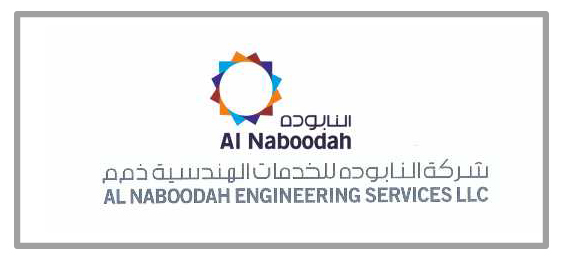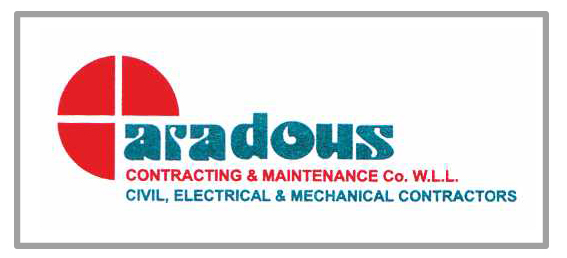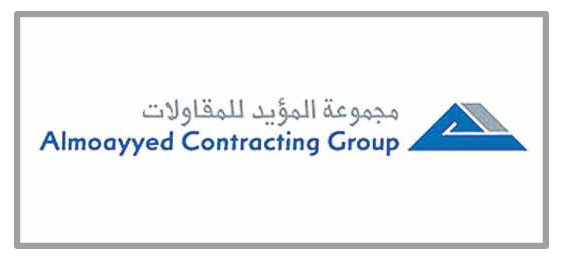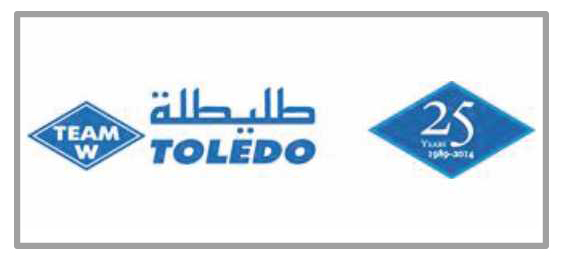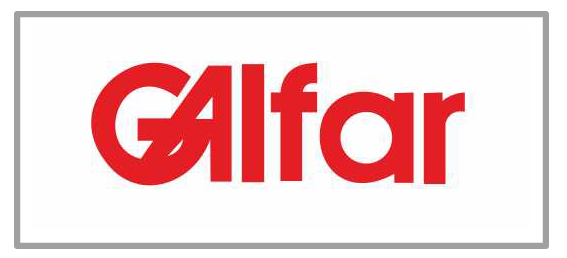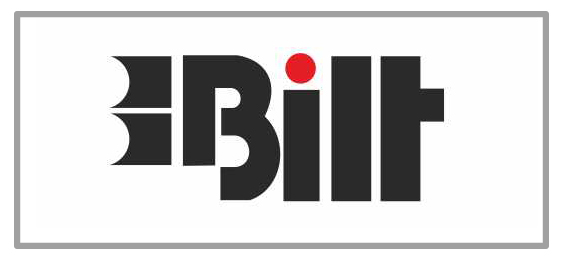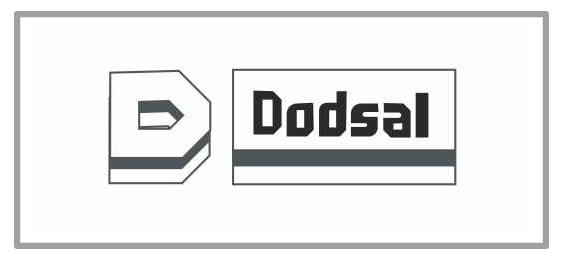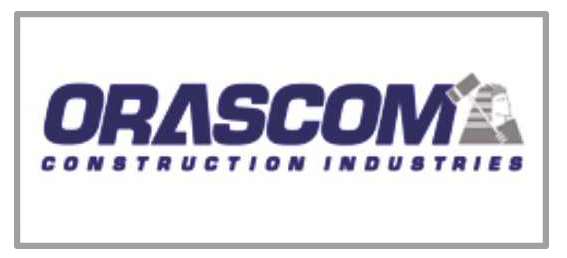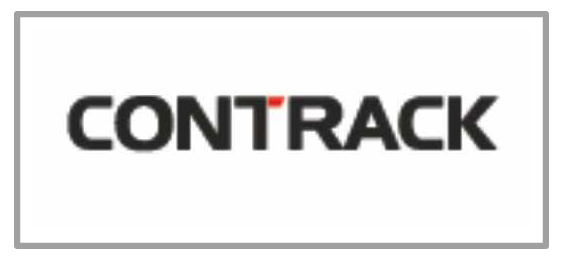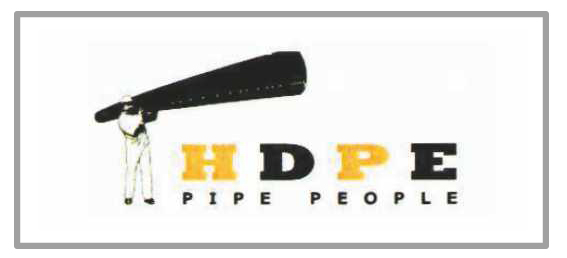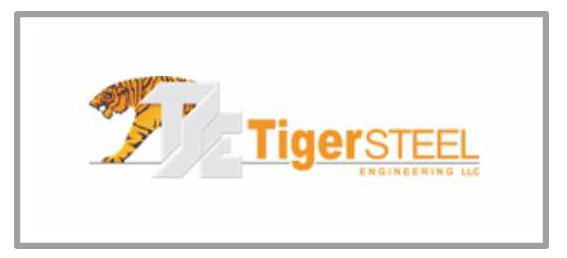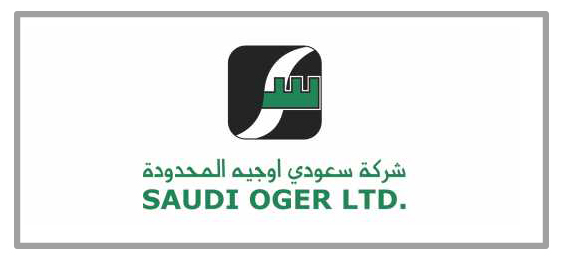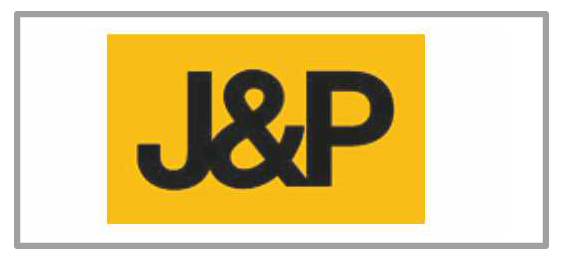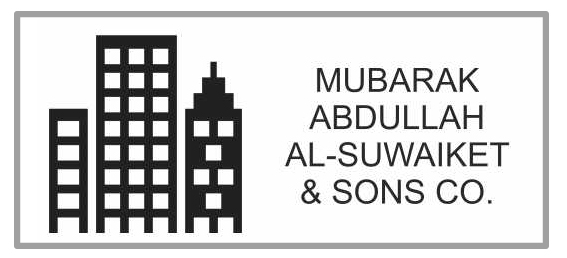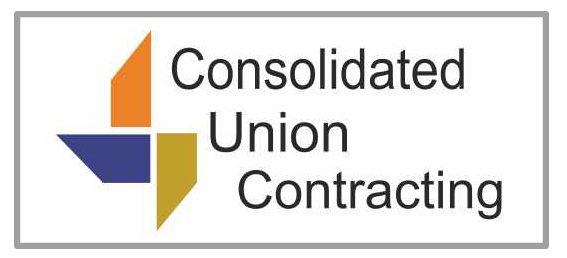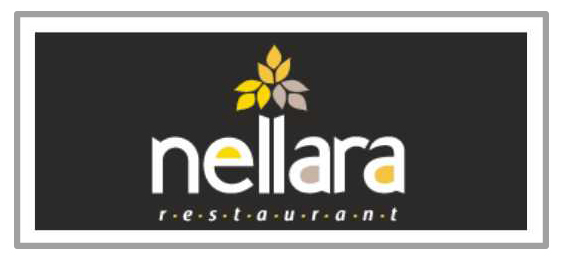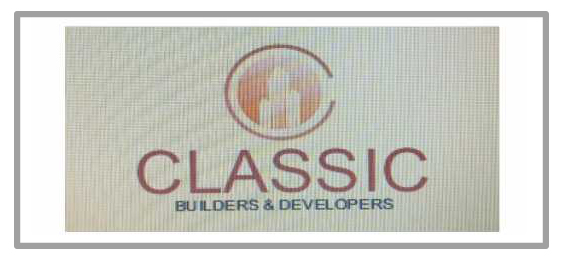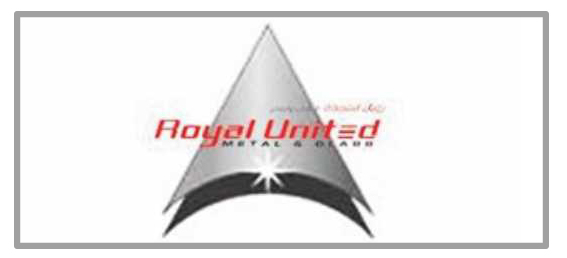HR Interview Questions
An interview can be broadly seen as a formal meeting arranged to evaluate a prospective employee by obtaining his/her career-oriented details, like qualification and work-experience. An interview presents the applicants an opportunity to elaborate on certain components of their resumes and talk about their areas of expertise. It also tests their ability to think critically and independently.
Depending on the position and the company you are getting hired for, you might need to appear in various types of interviews. We going to discuss here the following six types of interviews and also see what makes them so unique −
1. Behavioral Questions 2. Traditional Questions 3. Case Questions 4. Role-play questions 5. Industry-specific questions 6. Brainteasers
It is estimated that 80% of the interview is made up of behavioral questions. This type of interviewing is based on the philosophy that a detailed analysis of the way you acted in certain circumstances in your previous job will give a reliable indication of the way you will act in your new job too.
Behavioral questions will be experience-based and you need a lot of practice to be able to answer them in a satisfactory manner.
STAR Technique
To answer Behavioral Questions, employ the STAR technique −
S = Situation − (recall an incident in your life that suits the situation)
T = Task − (recall an incident in your life that suits the task)
A = Action − (mention the course of action you opted to address the situation or task)
R = Result − (mention the result of your action and the outcome)
Q − Tell me about an incident where you worked effectively under pressure.
Remember that these are only sample interview answers meant to give a general idea on the approach to Behavioral Interviews. You need to formulate your own answers to suit the context and scenario asked in the question.
Sample Behavioral Interview Questions:
Q1 − Describe a bad experience you had working with your ex-employer
Q2 − Describe how you handle disagreement.
Q3 − Explain a situation when you explained a complex idea simply.
Q4 − Describe a time when you had to adapt to a change at work.
Q5 − Describe a time when you made a mistake.
Q6 − Describe a time when you delegated tasks to team-mates.
Q7 − Describe when you were blamed for somebody else’s mistake.
Q8 − Describe a difficult situation that you faced and how you handled it.
Q9 − Describe a new suggestion that you had made to your supervisor
Q10 − Describe when you had to take a judgement on a difficult decision.
Compared to Behavioral Questions that deal with your situation-handling in a past scenario, Traditional or General Interview Questions tend to be more hypothetical. They can be asked in any interview and they don’t specifically cater to any particular job responsibility.
It is always advisable to memorize a few keywords on the company’s needs, problems, or goals. Make sure you visit the company’s website before the interview to uncover the needs of this specific job profile, instead of the generalized needs of the industry.
Sample General Interview Questions:
Q1 − Tell me about yourself.
Q2 − What are your greatest strengths?
Q3 − What are your greatest weaknesses?
Q4 − Tell me about an incident you are ashamed of speaking about
Q5 − Why did you leave (or plan to leave) your present employer?
Q6 − The Silent Treatment
Q7 − Why should I hire you?
Q8 − Where do you see yourself five years from now?
Q9 − Why do you want to work at our company?
Q10 − Would you lie for the company?
Q11 − Questions on confidential matters.
Case study based interview questions are unique because answering them requires identifying the root causes and developing an action plan based on a logical analysis.
n Case Interviews, interviewers tend to not mention important figures and details. They want to see if you have a clear idea on the industry and on what assumption you will solve the problem. In these situations, it’s okay to consider assumed data, but they need to be based on facts and logic.
Answering Case Interview Questions
Answering case interview questions can be tricky, especially when you don’t get the facts right. Do use the following tips to tackle such questions −
Listen carefully − Paraphrasing helps in understanding the question completely before answering.
Take time to think − Because of the sheer number of parameters needed to tackle the issue, candidates are expected to take some time to ponder on the scenario, however anything more than five minutes would be excessive.
Ask questions − Interviewers deliberately give incomplete questions to check the candidates’ understanding of relevant parameters, so they expect a lot of questions from you which makes the entire interview quite interactive.
Use a logical framework − Apply the principles you learned in business colleges as a framework. Examples include Porter's Five Forces and the SWOT analysis.
Prioritize objectives − Start addressing the most important objectives and concerns and gradually move towards relatively non-priority topics.
Try and think outside the box − Many interviewers are on the lookout for employees who can bring in creativity to their problem-solving process.
Exhibit enthusiasm − Behaving as though you feel it's fun to tackle this kind of problem is integral to showing how well you'd fit in as a consultant or whatever position you're interviewing for.

